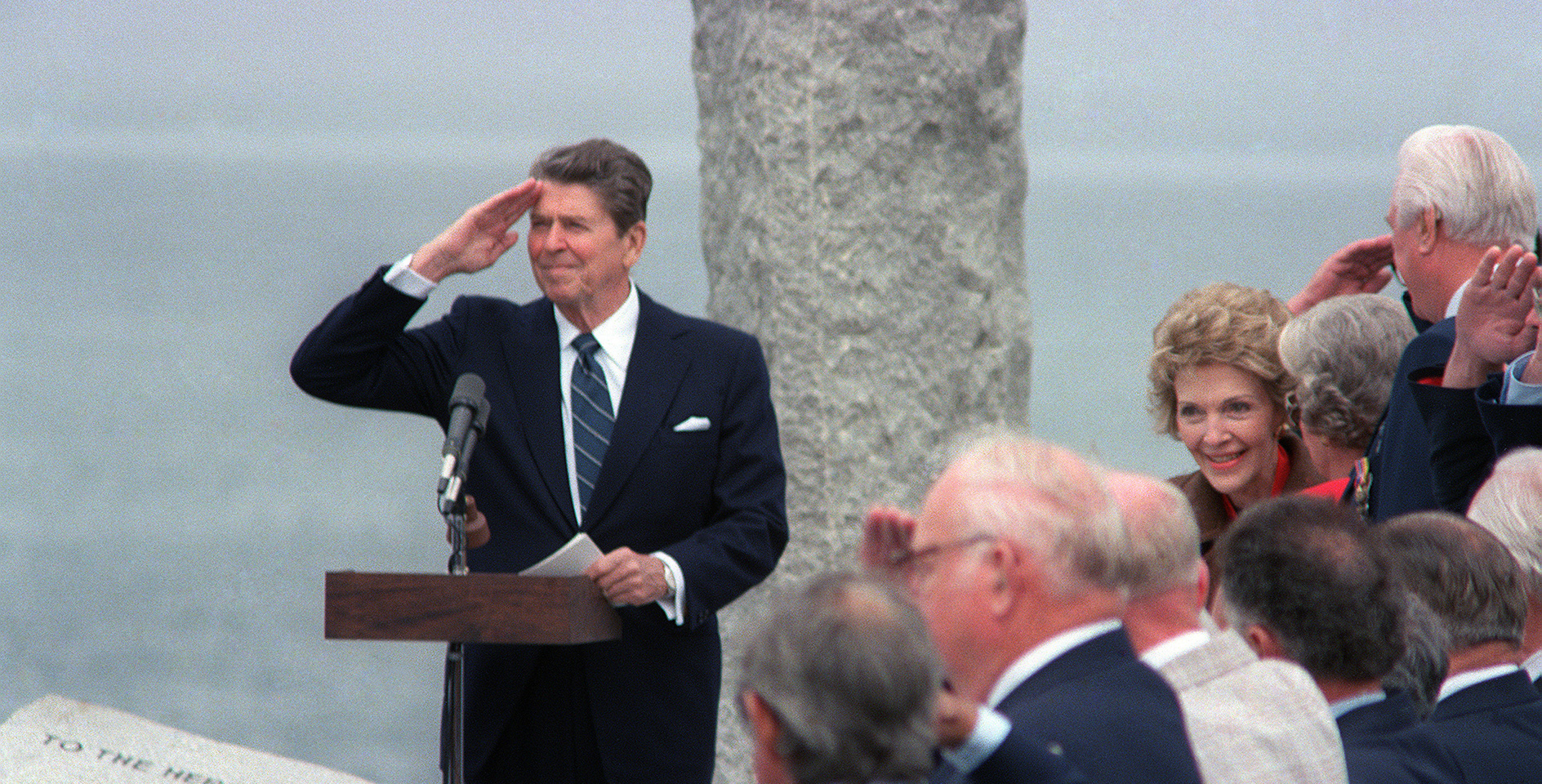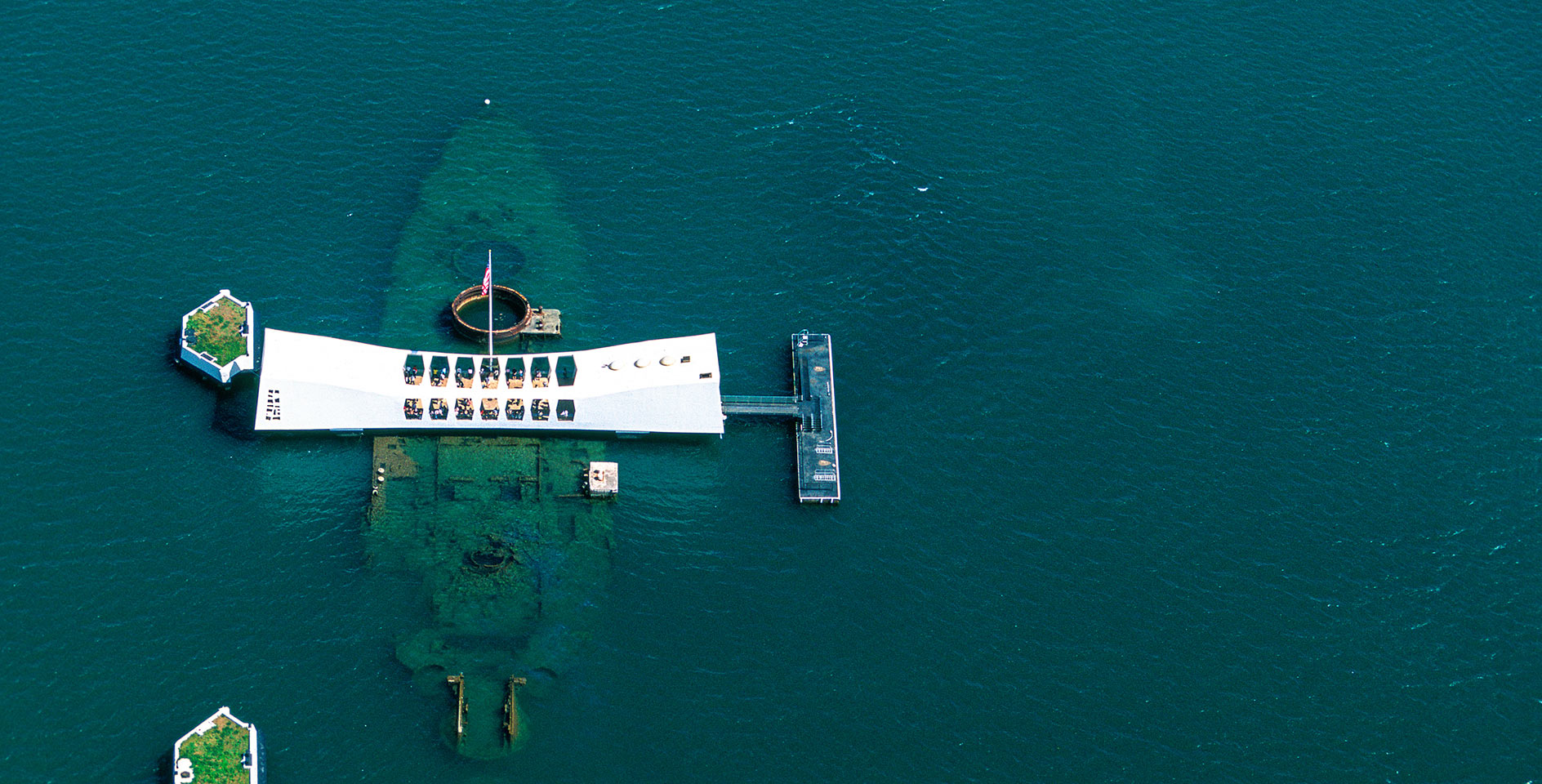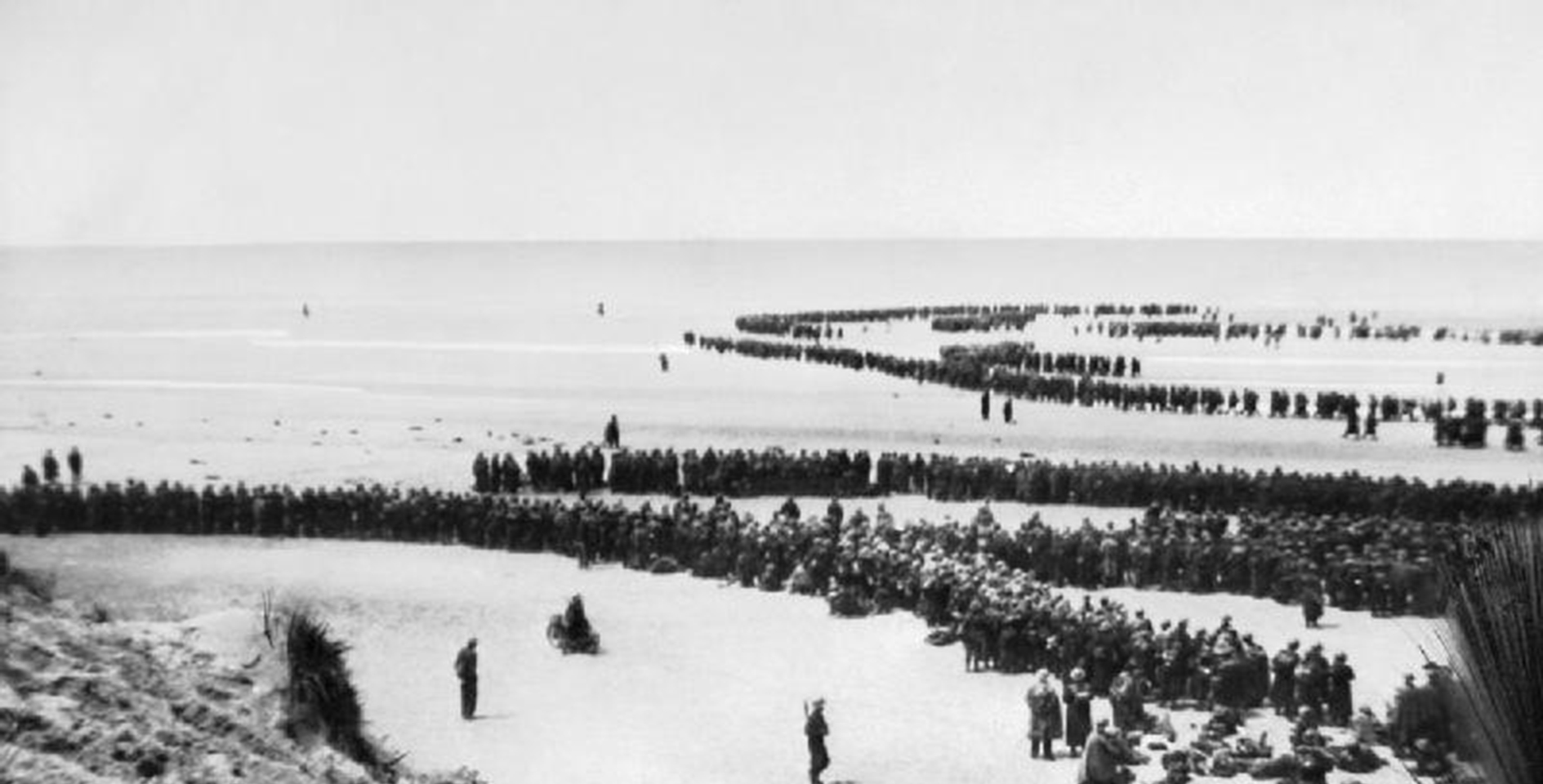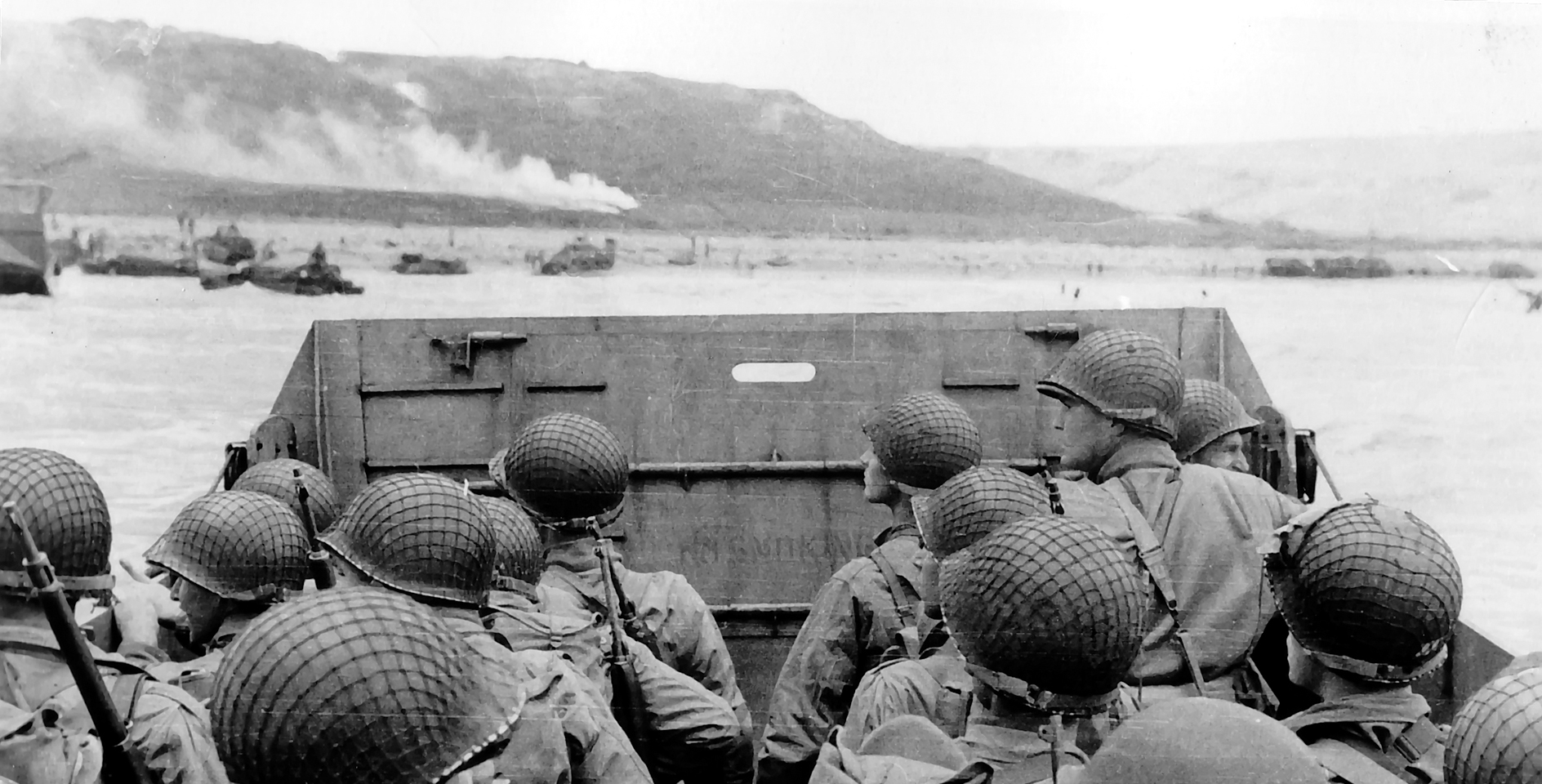Thirty-five years ago this week, President Ronald Reagan stood on a beach in Normandy, France and gave a speech recounting the events of D-Day, commending those who fought the battle, and connecting the fight against Nazi totalitarianism to the fight against the totalitarianism of the Soviet Union.
“For sheer oratorical elegance,” said historian Douglas Brinkley, it would become “one of the most inspirational presidential speeches ever delivered.”
President Reagan spoke these words to an audience of dignitaries that included Queen Elizabeth II of the United Kingdom, King Olav V of Norway, and Prime Minister Pierre Elliott Trudeau of Canada. But the true luminaries in the audience were the 62 D-Day veterans, the American Rangers who had scaled the 100-foot cliffs of Pointe du Hoc 40 years earlier.
During the D-Day assault these men had climbed the cliffs and seized the German artillery pieces that could have fired on the American landing troops at Omaha and Utah beaches. As Reagan noted in his speech, 225 Rangers fought for two days, and by the time they had taken the cliffs, “only 90 could still bear arms.”
Reagan’s words were written by Peggy Noonan, a 33-year-old speechwriter who was not even alive when the men stormed the beach at D-Day. Although she would become a renowned writer and best-selling author, at the time Noonan wrote the D-Day speech she had only worked in the White House a few months. A few days before the speech was delivered she made a last-minute change, striking out the line, “We have here today some of the survivors of the battle of Point du Hoc, some of the Rangers who took these cliffs.” In its place she handwrote the line, “These are the boys of Pointe du Hoc . . .”—a line now considered by many to be one of the greatest of any of Reagan’s speeches.
The beauty of the speech made it memorable. What made the speech one of the most important presidential speeches, though, was how it connects the fight against totalitarianism during World War II to the struggle against totalitarianism in the Cold War. In the speech Reagan tells the allies of the U.S. that “we were with you then, and we are with you now,” and calls upon the West to “renew our commitment to each other, to our freedom, and to the alliance that protects it.” These words, says Mary Kate Cary, a senior fellow of the Miller Center, kept the coalition in place that later defeated the Soviet Union and ended the Cold War. “The ‘boys of Pointe du Hoc’ saved the world, and, in many ways, they did so more than once,” says Miller.
Here are 10 quotes you should know from this indelible address:
1. “Europe was enslaved, and the world prayed for its rescue. Here in Normandy the rescue began. Here the Allies stood and fought against tyranny in a giant undertaking unparalleled in human history.”
2. “These are the boys of Pointe du Hoc. These are the men who took the cliffs. These are the champions who helped free a continent. These are the heroes who helped end a war.”
3. “Forty summers have passed since the battle that you fought here. You were young the day you took these cliffs; some of you were hardly more than boys, with the deepest joys of life before you. Yet, you risked everything here. Why? Why did you do it? What impelled you to put aside the instinct for self-preservation and risk your lives to take these cliffs? What inspired all the men of the armies that met here? We look at you, and somehow we know the answer. It was faith and belief; it was loyalty and love.”
4. “The men of Normandy had faith that what they were doing was right, faith that they fought for all humanity, faith that a just God would grant them mercy on this beachhead or on the next. It was the deep knowledge—and pray God we have not lost it—that there is a profound, moral difference between the use of force for liberation and the use of force for conquest. You were here to liberate, not to conquer, and so you and those others did not doubt your cause. And you were right not to doubt.”
5. “You all knew that some things are worth dying for. One’s country is worth dying for, and democracy is worth dying for, because it’s the most deeply honorable form of government ever devised by man. All of you loved liberty. All of you were willing to fight tyranny, and you knew the people of your countries were behind you.”
6. “Something else helped the men of D-day: their rockhard belief that Providence would have a great hand in the events that would unfold here; that God was an ally in this great cause.”
7. “We in America have learned bitter lessons from two World Wars: It is better to be here ready to protect the peace, than to take blind shelter across the sea, rushing to respond only after freedom is lost.”
8. “We want to wipe from the face of the Earth the terrible weapons that man now has in his hands. And I tell you, we are ready to seize that beachhead. We look for some sign from the Soviet Union that they are willing to move forward, that they share our desire and love for peace, and that they will give up the ways of conquest.”
9. “We will pray forever that some day that changing will come. But for now, particularly today, it is good and fitting to renew our commitment to each other, to our freedom, and to the alliance that protects it.”
10. “Here, in this place where the West held together, let us make a vow to our dead. Let us show them by our actions that we understand what they died for. Let our actions say to them the words for which Matthew Ridgway listened: ‘’I will not fail thee nor forsake thee.’”






